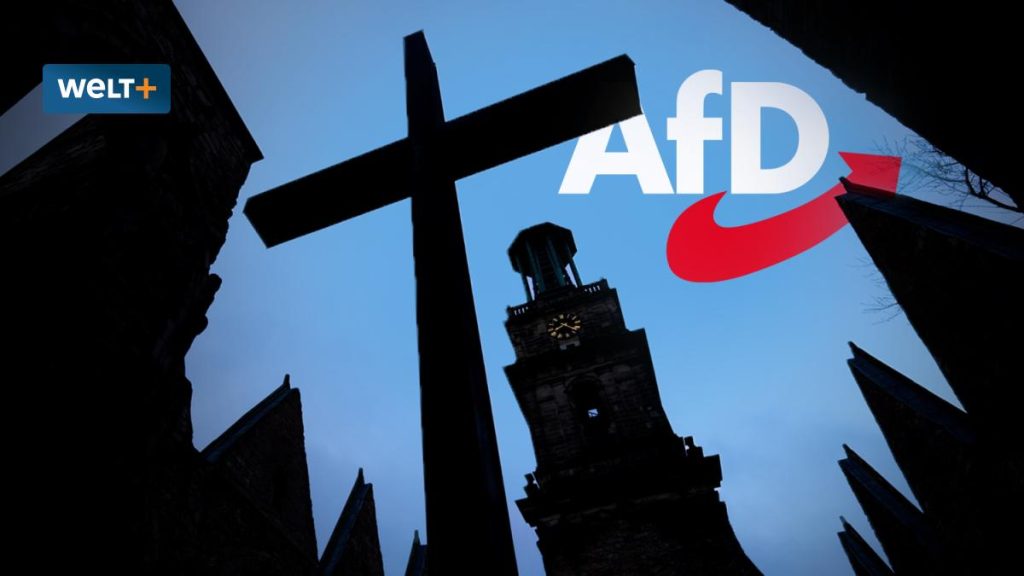The relationship between the church and the far-right political party Alternative for Germany (AfD) has been a controversial topic in Germany. Many church leaders have expressed concern about the party’s rhetoric and policies, which they see as contradictory to Christian values. However, others within the church have argued for engagement with the AfD in order to address the concerns of their supporters.
The issue of how to navigate this intersection between faith and politics was recently brought to the forefront when a group of church leaders signed a statement denouncing the AfD. The statement, which was titled “The Cross Stands for Solidarity – No to AfD,” was signed by over 100 church leaders from various denominations. It criticized the party for its anti-immigrant and anti-Islam rhetoric, and called on Christians to resist such beliefs.
The statement was met with backlash from some within the church who felt that it was inappropriate for church leaders to get involved in political matters. They argued that the church should remain neutral and shouldn’t take sides in political debates. However, supporters of the statement defended their actions, stating that it was important for the church to speak out against ideologies that are in conflict with Christian teachings.
The debate over the church’s relationship with the AfD is not a new one. In recent years, the party has made significant gains in elections across Germany, leading to concerns about its influence on society. Some church leaders have expressed fear that the party’s populist and nationalist message could undermine the values of tolerance and compassion that are central to Christian beliefs.
Ultimately, the question of how the church should engage with the AfD is a complex one. While some argue that churches should take a strong stand against the party’s divisive rhetoric, others believe that dialogue and engagement are necessary in order to understand and address the concerns of those who support the AfD. As the debate continues, it is clear that the issue of the church’s relationship with the far-right party will remain a contentious and divisive one within German society.














